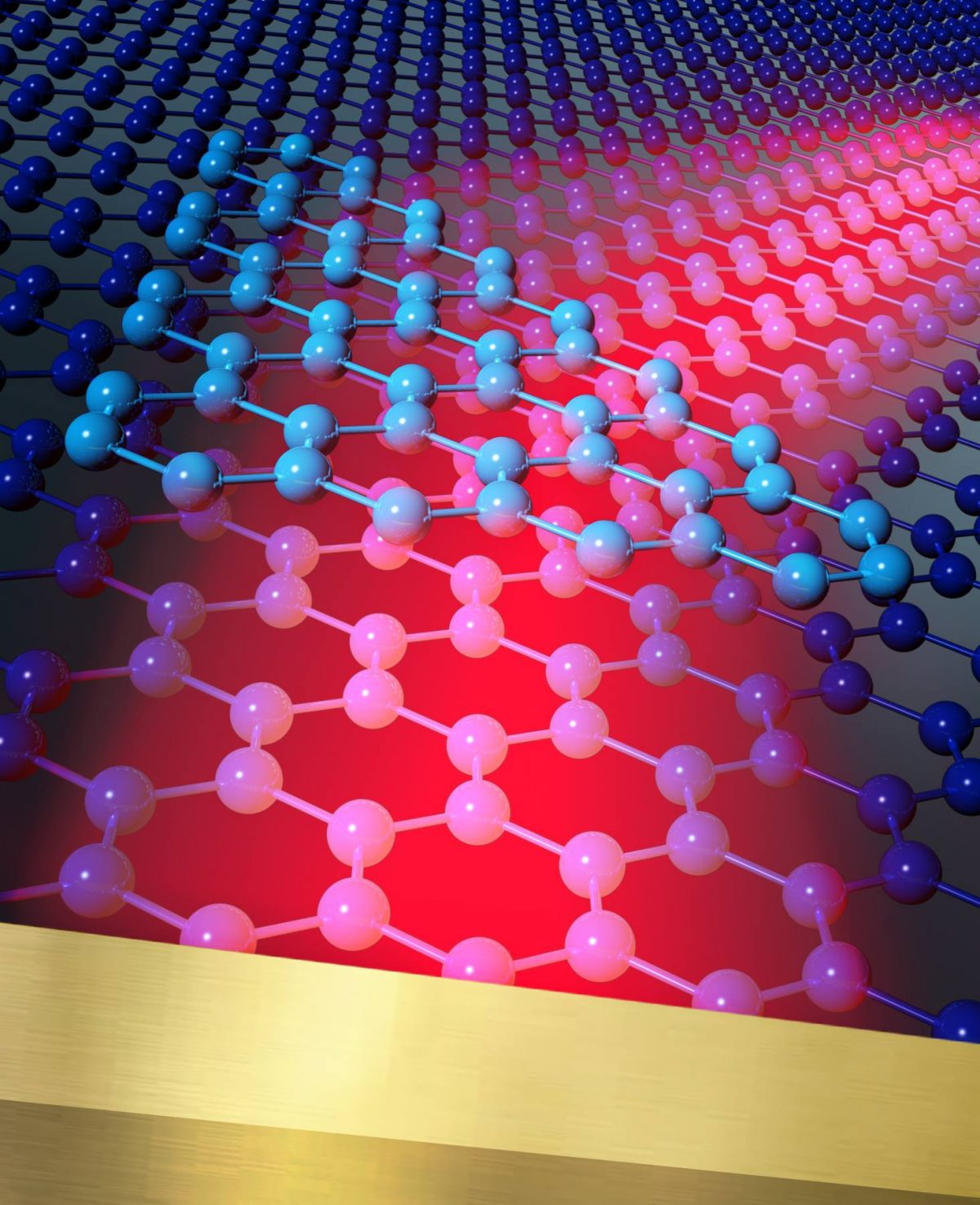The Basque Country has always been known for its industriousness, from master shipbuilding and navigation to the steel industry that made Bilbao so famous. Transitioning into the 21st century, the Basque Autonomous Community has pushed hard to establish a more modern base to the economy, including investing in and promoting basic science. One of the more visible consequences of that push are the Cooperative Research Centers.

- The CICs — Centros de Investigación Cooperativa or Cooperative Research Centers — are research labs that each focus on a particular scientific domain. The goal is to bring together researchers in a given area to enhance the scientific productivity of the group as a whole. Originally, there were seven such centers around the Basque Autonomous Community (the provinces of Gipuzkoa, Bizkaia, and Araba) focusing on research in areas such as batteries, nanotechnology, and biomedicine. Today, four CICs are still going strong.
- CIC nanoGUNE, located in Donostia, was founded in 2006 with the mission of promoting nanotechnology, both fundamental science and the transfer of ideas and technology to industry. Nanoscience is the science of the very small: from 0.1 to 100 nanometers. At this scale, matter starts to behave differently, with quantum mechanical effects becoming ever more important. The goal of nanoscience is to harness those effects to develop new materials for use in our every day lives.
- CIC bioGUNE is located in Bilbao and has the goal of developing more precise and specialized medicines. They do this by exploring the interface between chemistry and biology with a focus both on host-pathogen interactions and the metabolism of cells. Their scientific activities “concentrates on discovering the molecular bases and mechanisms of disease to create new diagnostic and prognostic methods, promoting the development of advanced therapies.”
- CIC biomaGUNE is another bio-focused center, this one located in Donostia. However, biomaGUNE focused more on biomaterials, the intersection between materials science and biology. They have a diverse portfolio of scientific activities, ranging from bionanoplasmonics and glycotechnology to various experimental facilities that focus on characterization of these materials.
- CIC energiGUNE is focused on energy materials. Located in the Alava Technology Park outside of Vitoria-Gasteiz, they are developing new materials for energy storage. Think of batteries. But energiGUNE is studying other types of energy storage as well, including supercapacitors and thermal storage devices. The ultimate goal is to develop new materials that can help us distribute the energy that powers our modern world.
- Three other centers, CIC marGUNE, CIC tourGUNE, and CIC microGUNE, were part of the original initiative to create these centers of excellence but seem to have been closed. marGUNE was focused on manufacturing while tourGUNE was dedicated to tourism and mobility of people. microGUNE was focused on microtechnology.
Discover more from Buber's Basque Page
Subscribe to get the latest posts sent to your email.


